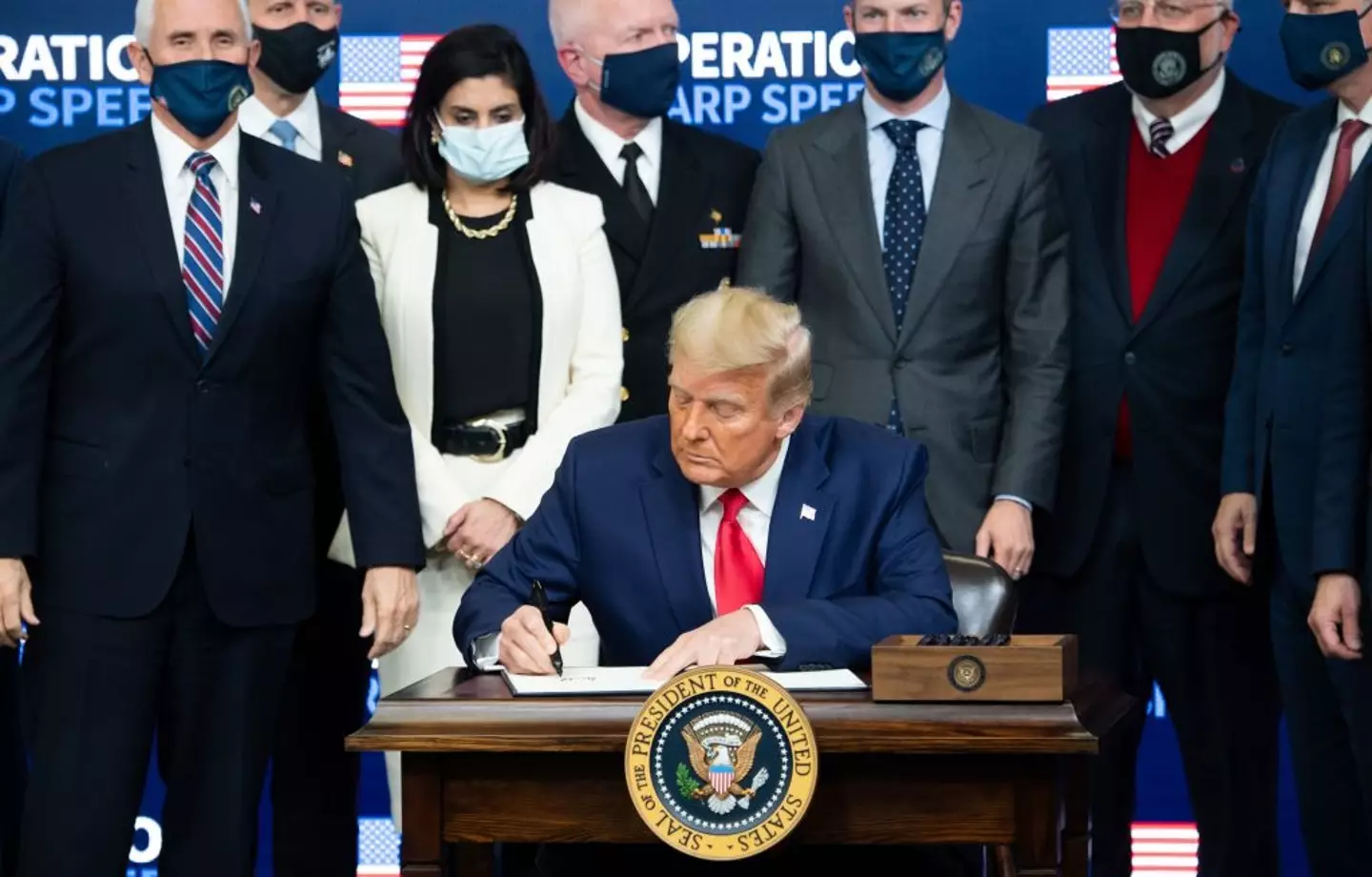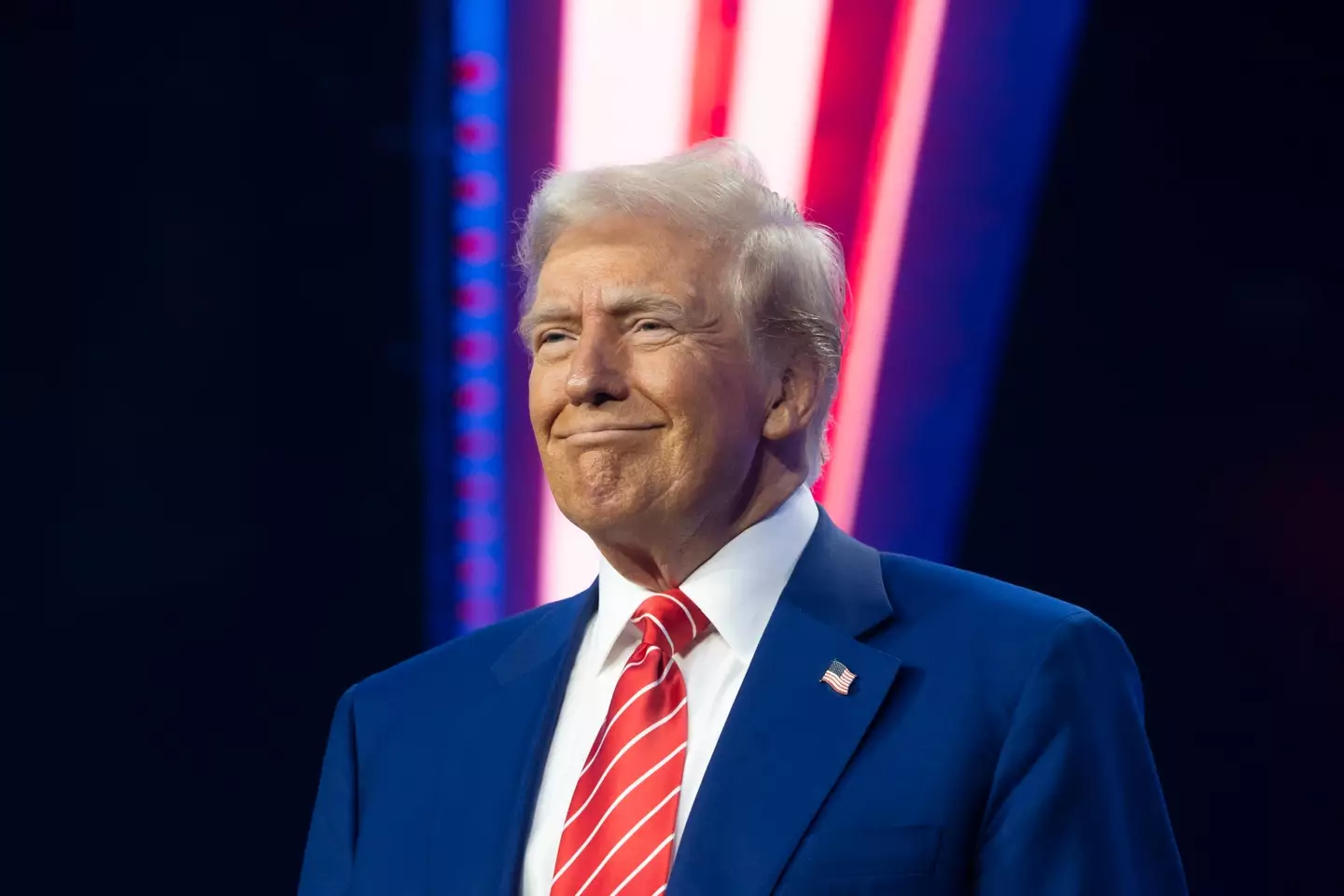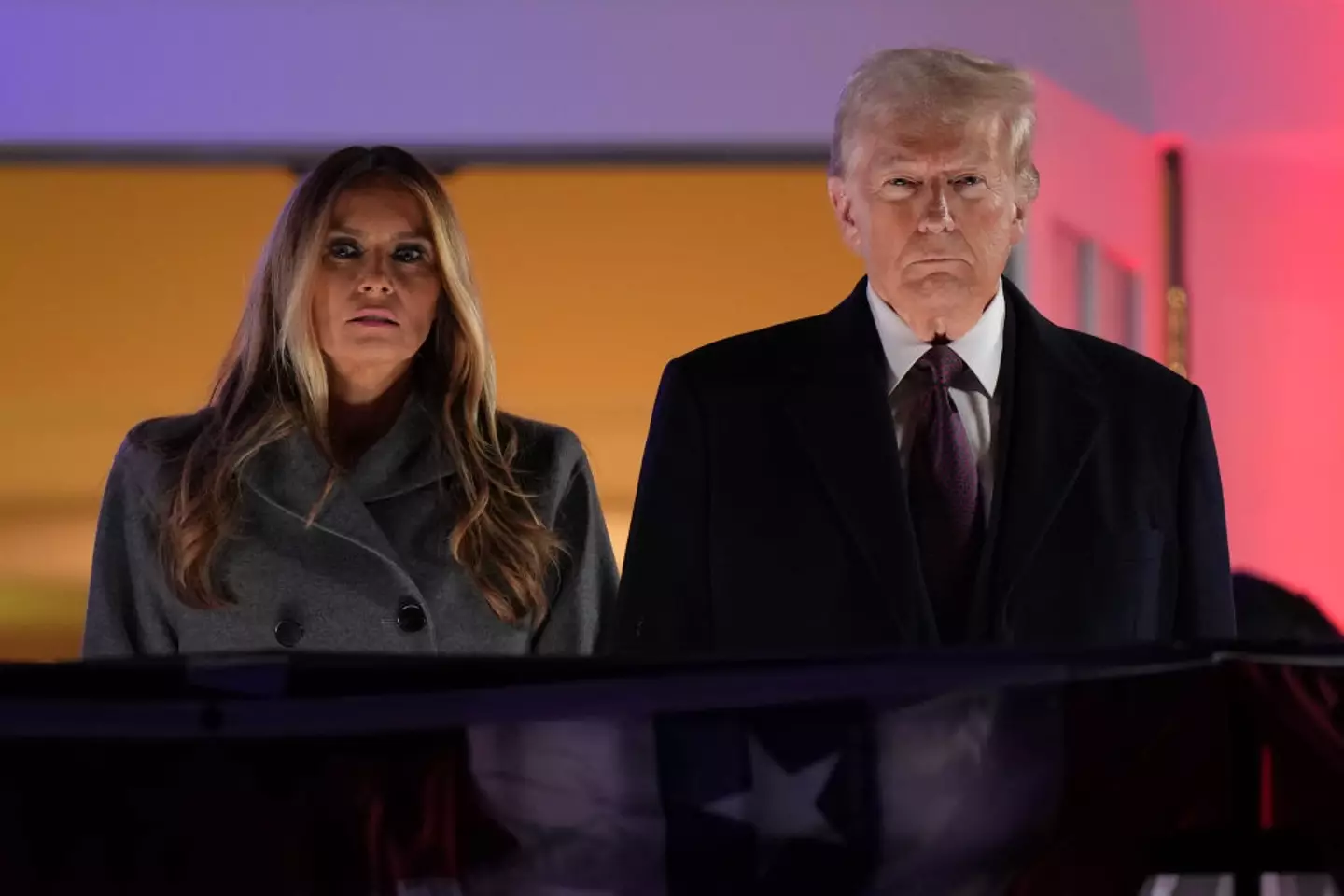Trump has pledged to implement substantial changes across the nation after his inauguration, ranging from establishing the US as the ‘crypto capital of the planet’ to pardoning some individuals involved in the January 6 events.
The Associated Press has reported that Trump intends to draft over 100 executive orders on his first day returning to the White House.
Trump’s supporters have apparently been working on preparing documents he can promptly sign. These cover various topics such as deportation, school gender policies, and vaccine mandates, all bypassing the need for Congressional approval.
“There will be a substantial number,” commented Senator John Hoeven, R-N.D.

An executive order functions as a directive issued by the president to an executive branch of the government, possessing ‘the force of law’.
These orders do not need congressional consent but are subject to potential legal and judicial scrutiny.
Executive orders persist until they expire, are invalidated, or are overturned, often by succeeding presidents.
During his rally in Washington on Sunday (January 19), Trump assured that ‘by the time the sun sets’ tonight, he will have enacted dozens of new executive orders.
“Expect shock and awe,” stated Texas Senator Ted Cruz.
The orders will address stricter immigration policies, revisions to educational content, and the dismantling of diversity, equity, and inclusion initiatives within the federal workforce, while also setting the stage for staff reductions.

Trump is also poised to grant pardons to some of the January 6 rioters and continue reversing policies from the Biden administration, such as the electric vehicle mandate and green energy initiatives.
He could potentially end birthright citizenship, while individuals who graduate from US colleges might become eligible for green cards.
Moreover, transgender women might be barred from participating in women’s sports, and gender-affirming healthcare practices could be halted.
The US TikTok ban could see a temporary suspension, as Trump considers an executive order to delay the app’s ‘ban or sale law’ for 90 days.

Indeed, executive orders can face challenges.
They must adhere to legal boundaries and are generally reviewed by the Office of Legal Counsel to ensure ‘form and legality’.
Nonetheless, this review process does not always occur.
Orders may be invalidated in court if found unconstitutional or if the president is deemed to lack the authority to issue them.
Court involvement can also uphold an executive order.
For instance, in 2017, when Trump attempted to enforce a travel ban on arrivals from several majority-Muslim countries, the order faced judicial challenges. It was ultimately upheld by the Supreme Court but only after modifications were made.
Congress has the ability to pass laws overriding executive orders, though the president retains a ‘veto’ power over such legislation, as noted by the National Constitution Center.
